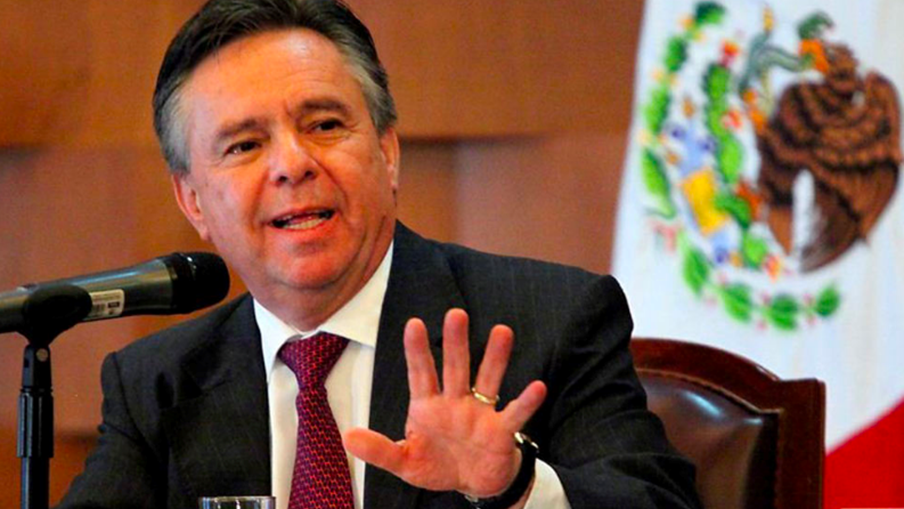Santiago Nieto, the head of Mexico’s Financial Intelligence Unit (FIU), announced through Twitter late Thursday that his office received a formal request by the Mexican Senate to start an investigation against Supreme Court Justice Eduardo Medina Mora-Icaza.
Earlier that day, Mexican President Andres Manuel Lopez Obrador confirmed that U.S. authorities shared suspicious activity reports with the FIU concerning financial transfers made by Mora-Icaza. The revelation comes as Lopez Obrador continues his campaign to crack down on corruption, which he considers a symptom of Mexico’s historic levels of violence. Tackling money laundering and graft in the Mexican judiciary is a key component of that effort: Lopez Obrador said last month that his government would prosecute and expose judges found engaging in corruption.
Mora-Icaza has a lengthy record serving in the Mexican government, having been the attorney general and ambassador to the U.K. and U.S. before he was sworn in as a Supreme Court justice in 2015 by then-President Enrique Pena Nieto.
News concerning the suspicious activity reports, from both the U.S. and U.K., previously surfaced in a June 5 opinion article in El Universal by Salvador Garcia Soto, who reported that GBP 2 million (USD 2.5 million) had been transferred from Mexico to U.K. accounts belonging to Mora-Icaza at HSBC. Mora-Icaza also received $2.1 million in transfers between 2016 and 2018 to HSBC accounts held in the U.S., the article said.
When confirming the report, Lopez Obrador clarified there was no indication that Mora-Icaza was guilty of any crime, but charges could be made in Mexico if the FIU finds evidence of criminal activity. Mora-Icaza denied the allegations, saying the funds stemmed from a dividend payment from his deceased wife’s stake in Compusoluciones y Asociados SA de CV, an information technology company.
Neither the U.S. nor the U.K. governments have made public comments regarding the suspicious activity reports. Mexico is considering an overhaul to its anti-money laundering legal regime, which would centralize efforts against financial crime and empower the FIU, but the proposed changes come amid concerns that Lopez Obrador’s government is using the FIU to censor its critics.
Over the past few months, the U.S. and Mexico have strengthened cooperation against corruption, despite trade and migration-related tensions. Last month, the U.S. Treasury Department sanctioned a Mexican magistrate judge and a former governor as part of a joint effort. And this week, Santiago Nieto Castillo, the head of Mexico’s FIU asked his American counterpart for information on politically exposed persons to help identify corrupt real estate assets in the U.S.
Analysts from the Latin America team contributed to this report.
